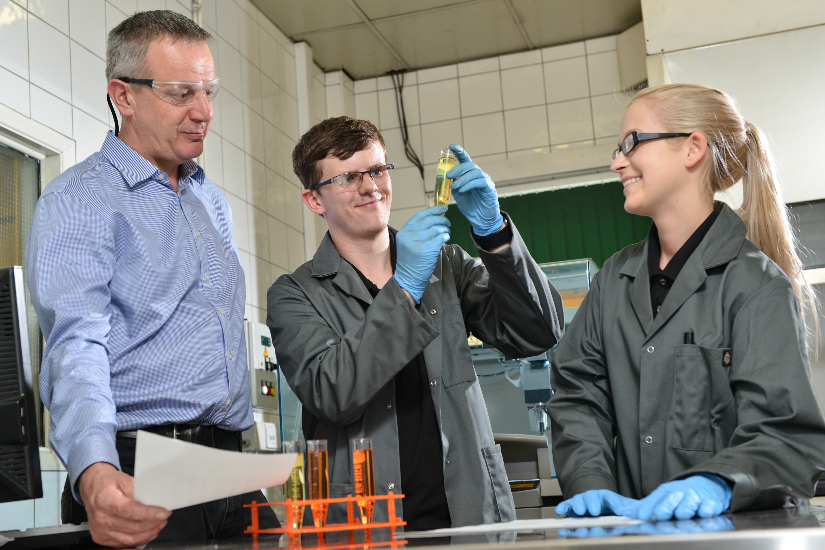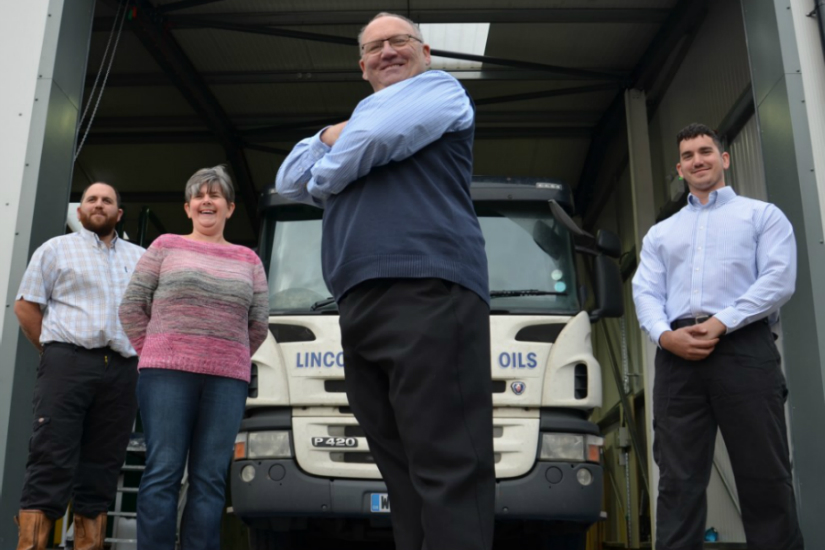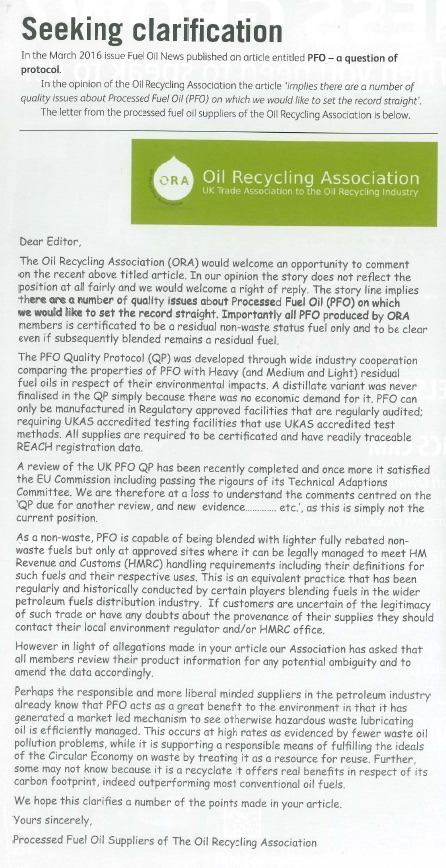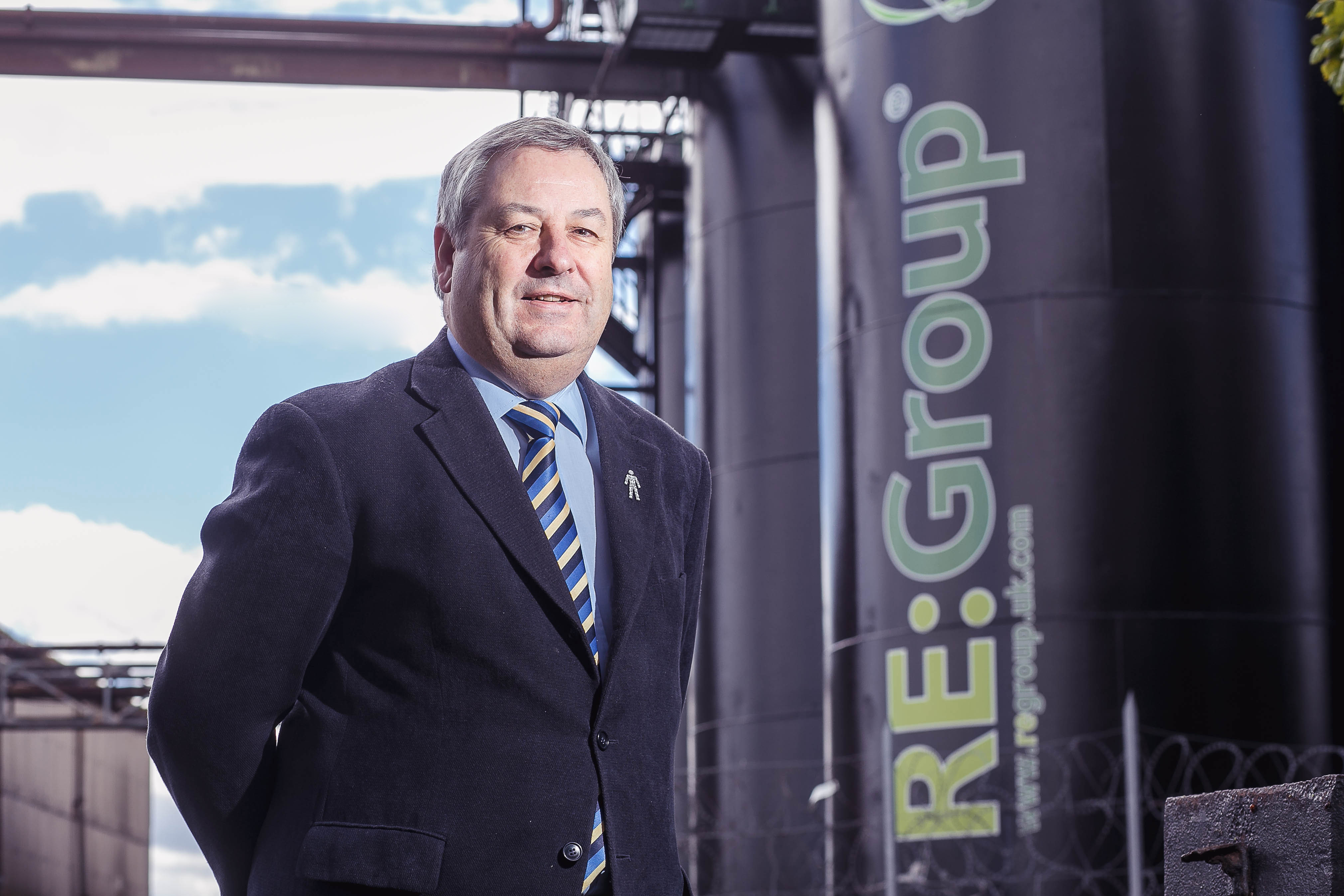
RE:Group and the University of Hull make the chemistry right
Hull fuel manufacturer RE:Group is targeting top students.
The company is impressed with the high standard of University of Hull applicants for year-long placements, saying they bring extra dynamism.
And the students benefit from real-world experience, which enhances their studies and CVs.
Jacob Ward-Pike, the latest undergraduate to spend a year at the site in Air Street, Hull, is taking up a fulltime position in the RE:Group laboratories after finishing his four-year MChem Integrated Masters degree next summer.
The chance has come due to ongoing expansion of the firm.
He completed his paid placement by interviewing eight shortlisted candidates to take over from him.
Production director Robert Booth, himself a Hull graduate, said that helping select his successor was difficult for Jacob because they all had good credentials.
“The students have been of genuinely superb calibre. They’re as keen as mustard and obviously hard-working.”
The position has gone to Raimonda Globytė from Lithuania who joined her family in England in 2010 and studied at Hull College before starting her degree course.
The company’s relationship with the University and its Department of Chemistry could bring more job opportunities.
Mr Booth said that taking on an extra student each year was now under consideration.
“We start by training them to ISO 17025 which is the flagship standard for laboratories and crucial to our operations.
“We benefit from bright young students and the dynamism they bring. We give them the opportunity to gain experience they wouldn’t get on campus and the life skills to work with other people at all levels.
“They can take research and development projects through to full-scale plant trials. They are demonstrating why the University chemistry department has such an excellent reputation.”
Coming soon after the University was named in the national top 10 for graduate employability, it is another example of the close relationship it has with industry.
Dr Nigel Young, industrial placements officer and senior lecturer in inorganic chemistry, said: “Students going to RE:Group get the chance to do some real chemistry, dealing with contaminated oils. There is lots of problem solving and they learn new skills. In return, they offer an additional resource freeing up time in the business.”
Jacob Ward-Pike who is from Rhyl has set his sights on a future in Hull.
“RE:Group makes you a vital part of the team, not just another member of staff,” he said. “If you have an idea, they’ll take it as far as they can.
“I had the chance to study at Manchester, but when I came to Hull on an open day I was amazed by the University and the city itself. I hope I can stay in this area for many years to come.”








